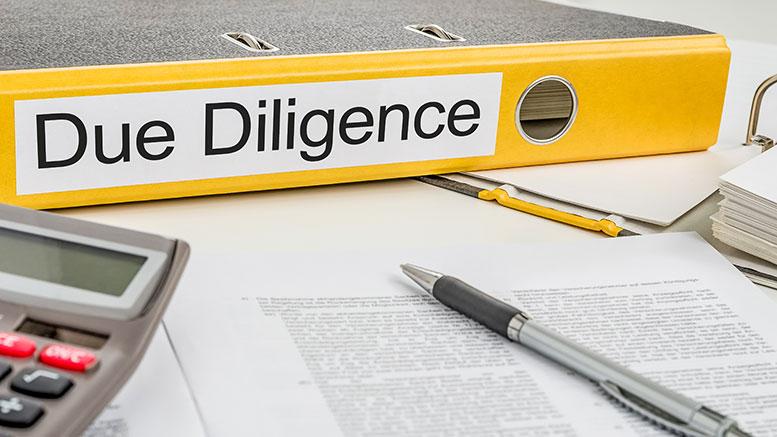Property Due Diligence in Thailand
Property due diligence in Thailand involves checking on a number of issues before buying land. This includes legal encumbrances such as usufructs and mortgages. It also involves confirming the property’s boundaries.
This process typically includes physical examinations and checking on the seller’s reliability. It may also include checking on the property’s history and a title search.
Checking for the Property’s Building Permit
One of the most important aspects of property due diligence is checking for a building permit. This is because it is against the law to build on land without a permit in Thailand. This can lead to huge fines and even imprisonment.
A good property practitioner will be able to guide buyers through the process of conducting proper due diligence for immovable property in Thailand. This will involve reviewing the copies of documents attached to the property, conducting a land title search at the Land Office, and evaluating all building construction permits.
During the due diligence process, it is also important to check whether the developer has a strong reputation in real estate and has enough financial resources to complete the project. This is especially important if you are buying off plan.
Conducting a Title Search
One of the most important steps in doing a property due diligence is a title search. This reveals whether the seller owns the land legally and that there are no liens or legal challenges that could prevent you from purchasing the property. It also helps you make sure that the land is in compliance with zoning laws and allows for development to take place.
If you don’t have a thorough title search done before purchasing a property in Thailand, you may run into trouble later on. For instance, if you buy a piece of land and it is found to be in violation of zoning laws, you may face heavy fines.
This is why you should always use a professional company that can perform a comprehensive title search for you before you purchase a property in Thailand. It can help lower your risks and protect you against fraudsters who are trying to cheat people into buying their properties.
Checking for Common Area Fees and Management Costs
In addition to checking building permits and zoning restrictions, property due diligence also involves a comprehensive check of the property’s legal issues. This includes verifying that title details match registered Land Office records, and that the seller legally owns the property and is entitled to sell it. It also checks for liens, debts and other legal proceedings against the property.
Another important step in property due diligence is a visit to the local Land Office, which serves as Thailand’s equivalent of the US Registrar of Deeds. This will help you get an accurate history of the property, and will give you a clear picture of what’s on the land, including any developments or encumbrances that may limit its development potential.
It’s also essential to check whether the property has any usufructs or servitudes on it that could potentially impede future use, such as a gas pipeline servitude. These are not uncommon in Thailand, and it’s best to double-check.
Checking for Environmental Issues
Property due diligence is a crucial step in buying real estate in Thailand. This process involves a physical inspection of the property as well as examining all legal documents associated with the sale. It also includes evaluating the seller’s reputation and financial statements. It is advisable for buyers to hire a lawyer familiar with Thai real estate laws to conduct property due diligence.
Aside from checking the land title deed, property due diligence also requires a thorough search of the local land office and evaluation of building construction permits. This is because any liens or attachments to the property may prevent it from being sold.
Performing a proper property due diligence in Thailand is essential to guarantee that the buyer is getting what they paid for and avoid any legal issues that might arise from the purchase. This process can save the buyer from being taken advantage of by dishonest sellers and even protect them from a genuine oversight that could lead to costly mistakes.


